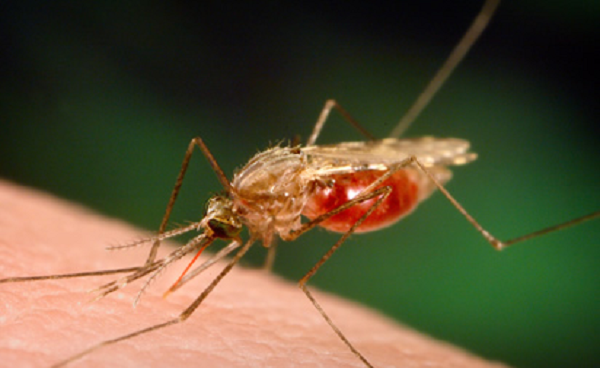
Malaria is caused by plasmodium parasite, GHS debunks assertion by Dr Assenso
The Ghana Health Service (GHS) has debunked a statement by the Founder and Director of Manyanoha Natural Health Services in the Ashanti Region, Dr Emmanuel Kwame Asenso, that parasites and mosquitoes are not the cause of malaria and that the wrong method has been used to fight the disease.
Advertisement
“The information by Dr Asenso seeks to undermine all the effort and strives being made by the GHS and our partners to reduce the burden of malaria with regard to morbidity and mortality and the eventual elimination. We entreat the general public to absolutely disregard the false information put out in that report and to contact the GHS for appropriate and authentic information on malaria,” the statement indicated.
Plasmodium
The statement further emphasised that “malaria is caused by the parasite Plasmodium. Mosquitoes are the vectors (carriers) that transmit this parasite from one person to another. It is the female Anopheles mosquito that can transmit malaria. The female mosquito picks up the parasite from infected people when they take a blood meal needed to nurture their eggs.
“Inside the mosquito, the parasites reproduce and develop into the infective forms. When the mosquito bites again, the parasites contained in the salivary gland of the mosquitoes are injected and passed into the blood of the person being bitten.
“So the assertion that fighting against the parasite and the vector is not the way to go is not correct,” the statement stressed.
The
Malaria-like symptoms
Dr Asenso is also reported to have cited ‘malaria-like symptoms’ in some patients with negative parasites in the blood as a proof of something else being the cause of malaria.
The statement explained that there are a number of diseases and infections that can have similar symptoms as malaria at one stage of the disease progression, examples of which are pharyngitis, bronchitis, pneumonia, bronchopneumonia, pleurisy, sepsis sinusitis, meningitis, gastroenteritis, acute abdomen, peritonitis, cholecystitis, cholangitis, gastroenteritis,
”This is to show that all the ‘malaria-like symptoms’ may not be malaria and suspected malaria case should be tested for confirmation,” it added.
Interventions
According to the statement, the recommended interventions for preventing malaria in Ghana are the use of Insecticide Treated Nets, Indoor Residual Spraying, Larviciding and Seasonal Malaria Chemoprevention for children under five years in the northern part of the country and Intermittent Preventive Treatment for Pregnant Women.
“Once someone is diagnosed of malaria, the recommended treatment is with
“Exercising and drinking water are good practices for healthy living but preventing mosquito bites (through sleeping under treated mosquito nets) and preventing breeding of mosquitoes through sound environmental practices are what will drive down transmission of malaria,’’ it added.



